bit.ly/49KMAlR

bit.ly/49KMAlR

bit.ly/4nnINym

bit.ly/4nnINym
bit.ly/4oAYHq3

bit.ly/4oAYHq3
bit.ly/42Qv63q

bit.ly/42Qv63q
#WashUNeuroCommunity
bit.ly/3IN3rcS

#WashUNeuroCommunity
bit.ly/3IN3rcS
#WashUNeuroCommunity

#WashUNeuroCommunity
bit.ly/4ponpuX

bit.ly/4ponpuX
@washuneurology.bsky.social @washumedicine.bsky.social identified an objective measure of leg dystonia in children with cerebral palsy, and mimicked this measurement in mice to better understand causes and possible therapies for dystonia.
bit.ly/3JLFX7Z

@washuneurology.bsky.social @washumedicine.bsky.social identified an objective measure of leg dystonia in children with cerebral palsy, and mimicked this measurement in mice to better understand causes and possible therapies for dystonia.
bit.ly/3JLFX7Z
bit.ly/47OVZb7

bit.ly/47OVZb7
Frontiers of Pharmacology that fluoxetine (Prozac) improved seizure control in two sisters, patients of Dr. Gurnett with a rare pathogenic variant in the KCNC2 gene, identified by @tycheleturner.bsky.social.
#WashUNeuroCommunity

Frontiers of Pharmacology that fluoxetine (Prozac) improved seizure control in two sisters, patients of Dr. Gurnett with a rare pathogenic variant in the KCNC2 gene, identified by @tycheleturner.bsky.social.
#WashUNeuroCommunity
#WashUNeuroCommunity
bit.ly/41gQs9x

#WashUNeuroCommunity
bit.ly/41gQs9x
bit.ly/41h5tYF

bit.ly/41h5tYF
#WashUNeuroCommunity
bit.ly/3Uem3EB

#WashUNeuroCommunity
bit.ly/3Uem3EB
bit.ly/3It6w19

bit.ly/3It6w19

For tickets and more information, visit slsc.org/up-late
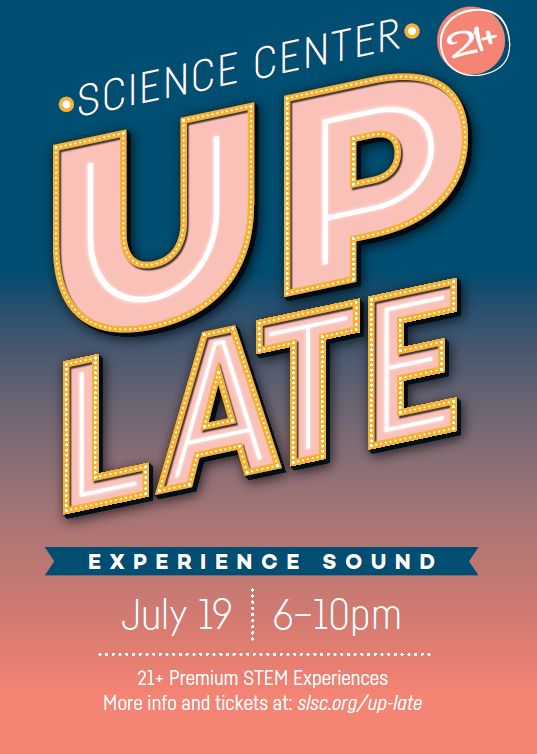
For tickets and more information, visit slsc.org/up-late
@washu.bsky.social
#WashUNeuroCommunity
bit.ly/4ns79bn
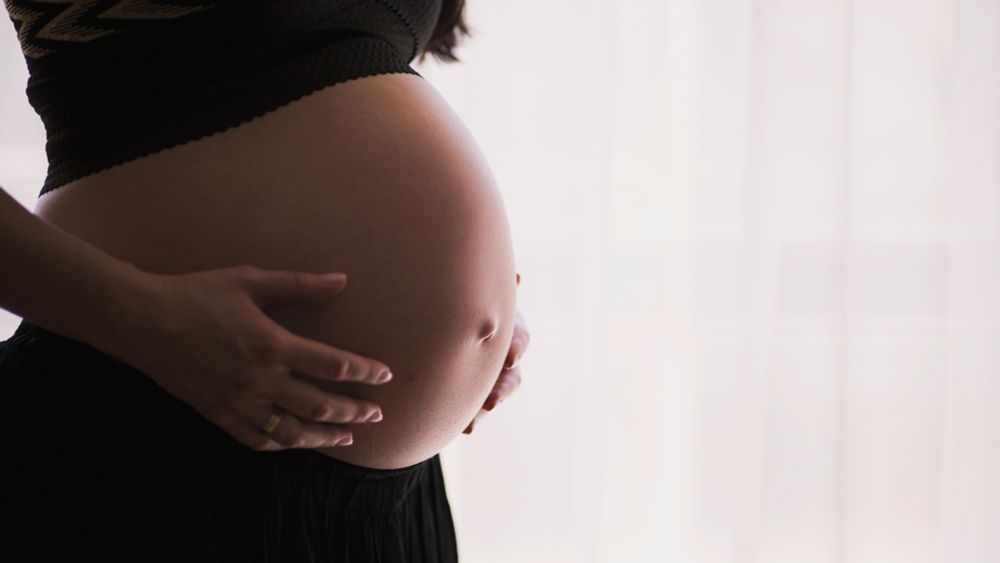
@washu.bsky.social
#WashUNeuroCommunity
bit.ly/4ns79bn
Woodrow Shew @uarkansas.bsky.social
#WashUNeuroCommunity
bit.ly/3HTODZg
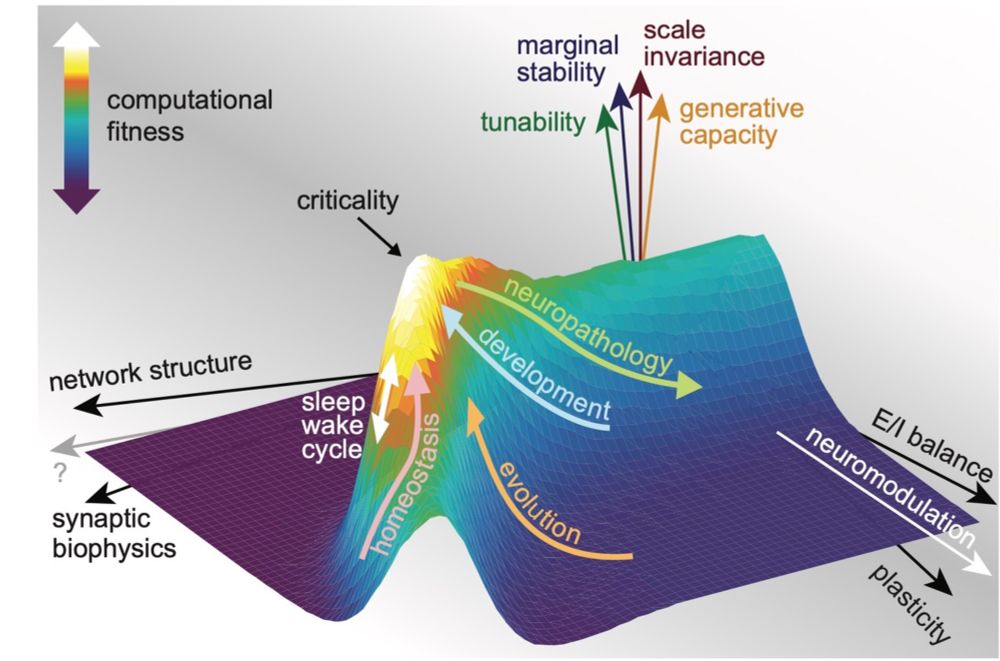
Woodrow Shew @uarkansas.bsky.social
#WashUNeuroCommunity
bit.ly/3HTODZg
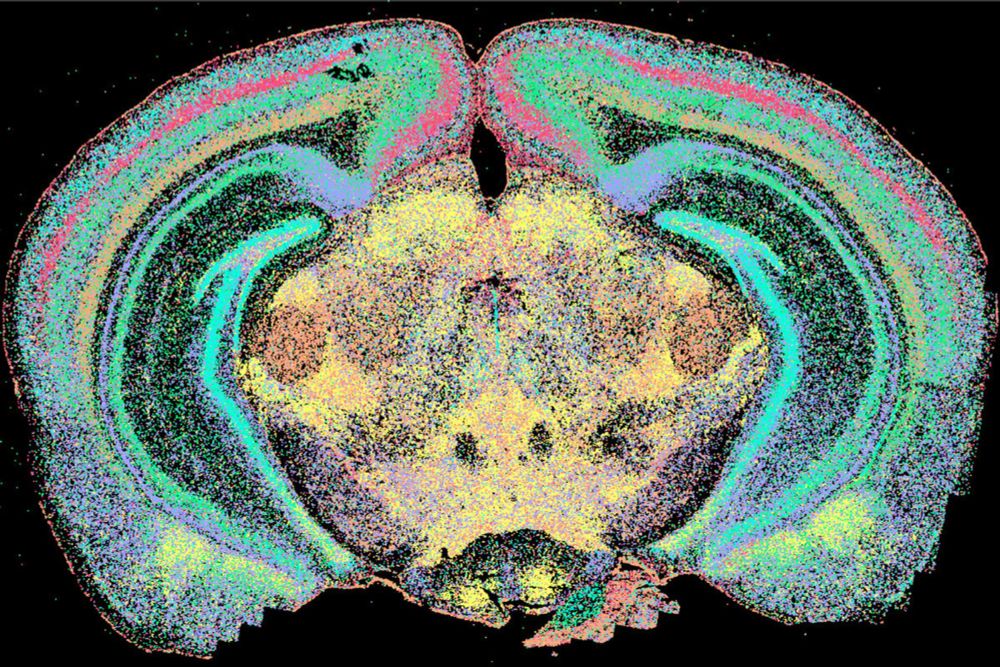

Register Here: bit.ly/4n3Uo6F


Register Here: bit.ly/4n3Uo6F
Resh Gupta and Todd Braver of @washuartsci.bsky.social
#WashUNeuroCommunity

Resh Gupta and Todd Braver of @washuartsci.bsky.social
#WashUNeuroCommunity
Dr. Thomas Papouin
@washumedicine.bsky.social
#WashUNeuroCommunity
bit.ly/3FmVqK8
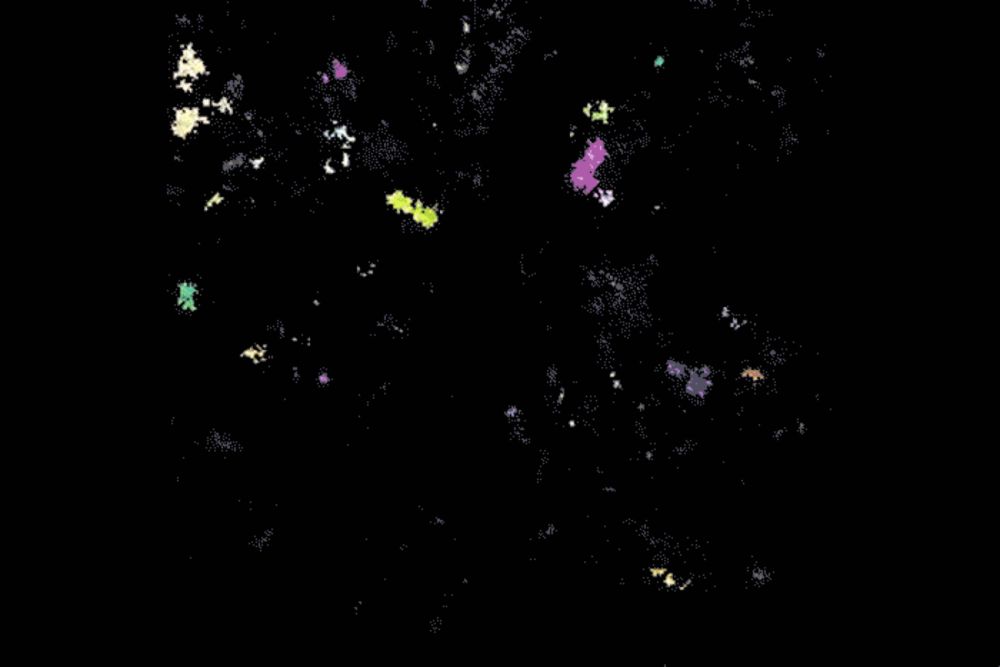
Dr. Thomas Papouin
@washumedicine.bsky.social
#WashUNeuroCommunity
bit.ly/3FmVqK8
Under Schedule F, NIH Institute Directors could become political appointees. This is your opportunity to share your opinion: How would politicization impact the federal grant process?
Deadline June 7!
bit.ly/45ErmUK

Under Schedule F, NIH Institute Directors could become political appointees. This is your opportunity to share your opinion: How would politicization impact the federal grant process?
Deadline June 7!
bit.ly/45ErmUK

